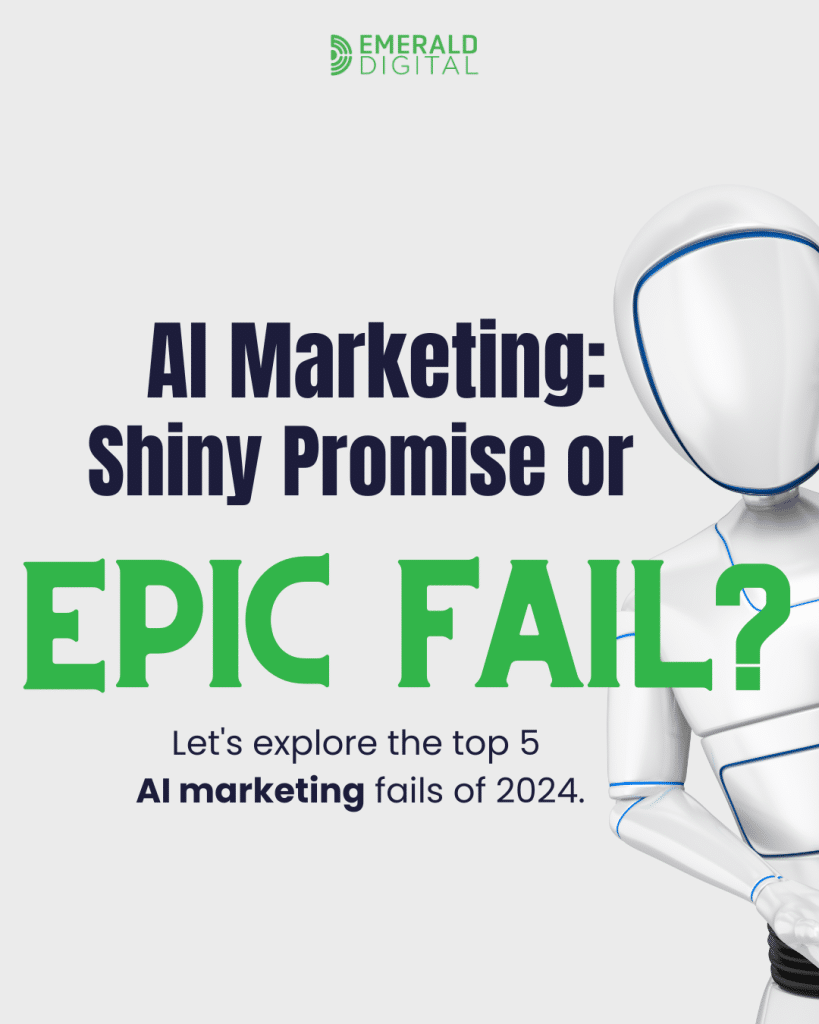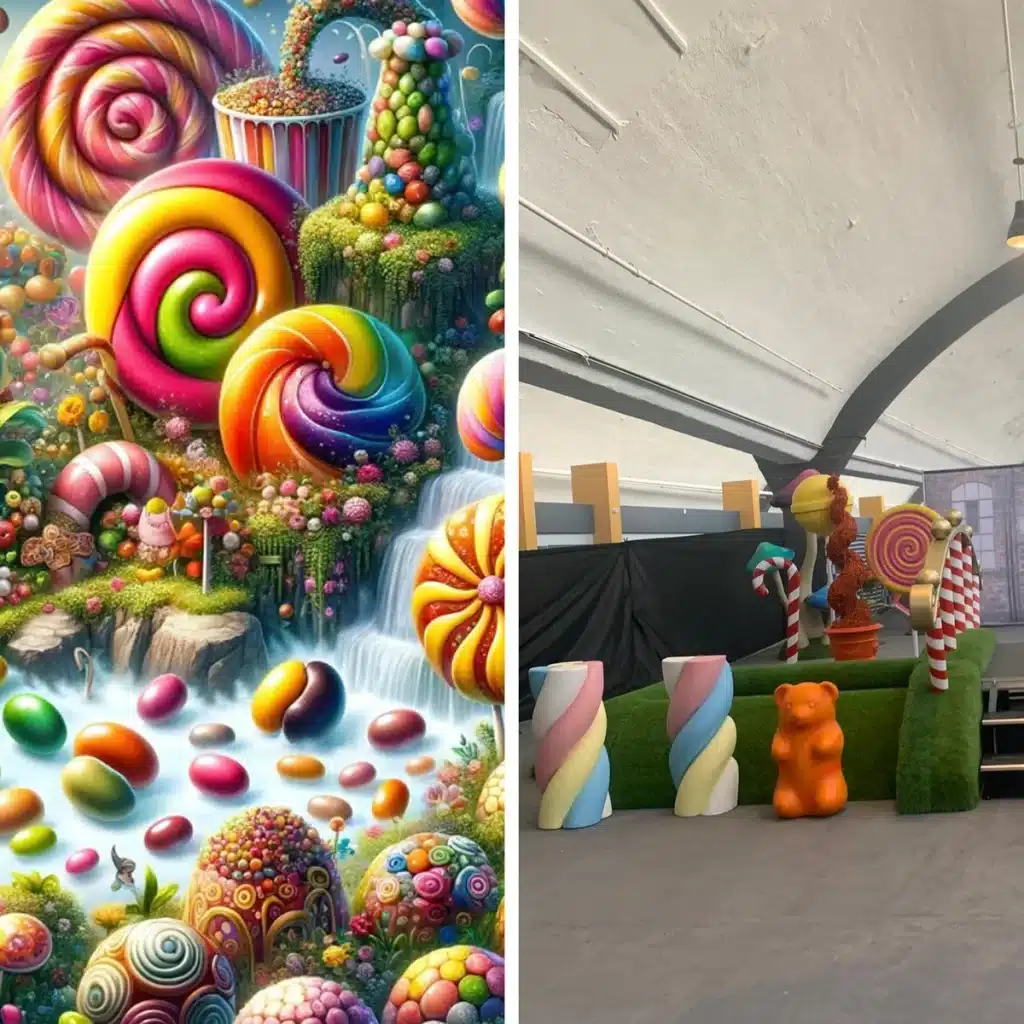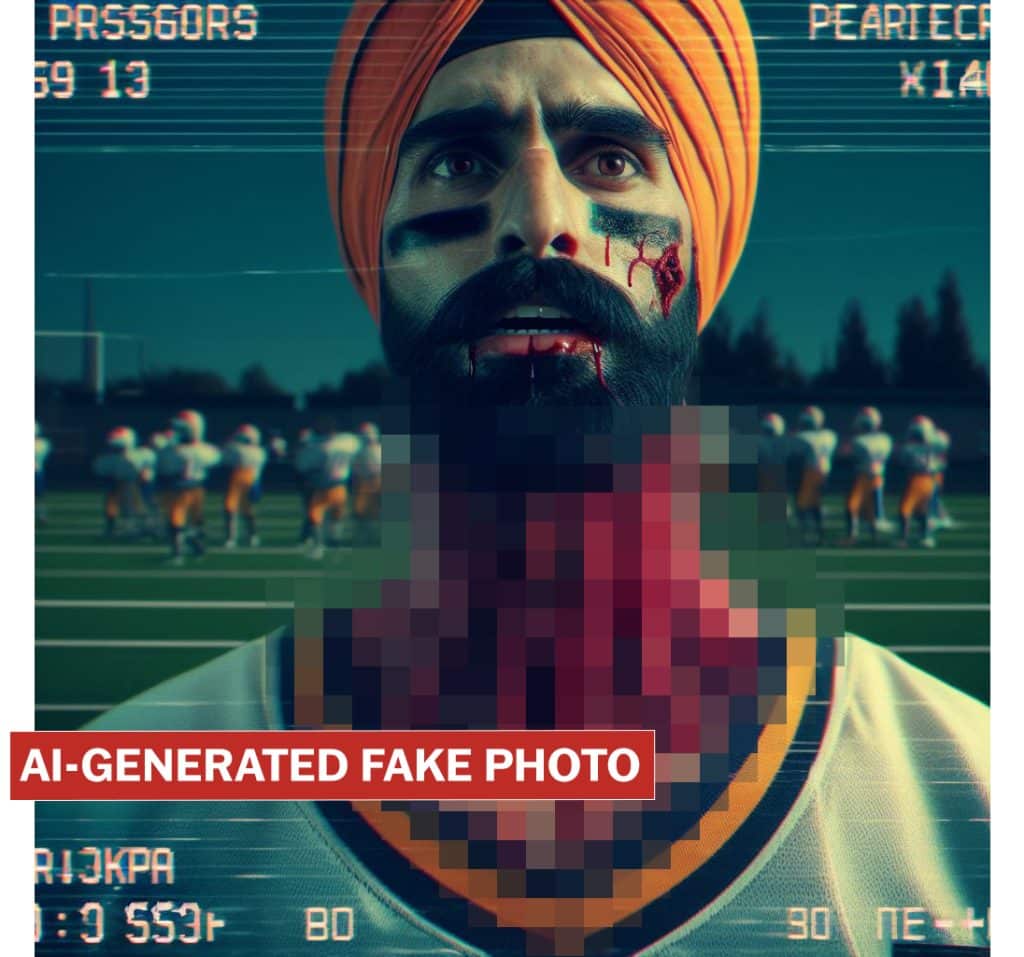- Home
- About
- Services
-
-
- Marketing and Identity
- Content Marketing
- Brand Identity
- Marketing Analytics
- Online Reputation Management
-
- Communications
- Public Relations Firm
- Crisis Management
-
- Case Studies
- Insights
Call us now at (504) 233-3627 or fill out the form below to schedule a free consultation.
Let’s talk about AI in marketing. Or not. I’m not the boss of you.
AI is the shiny new toy everyone’s playing with, promising untold riches and marketing automation nirvana. Do you feel it? Have you seen it!? Me neither.
And while I genuinely believe AI has the potential to revolutionize our industry (and maybe finally let me take a real vacation), we’ve also seen some…let’s call them “learning opportunities.” Or, if we’re being brutally honest, some amazingly epic fails.
Now, I’ve been in this game for many years, seen trends come and go (remember QR codes on billboards? Yeah, me neither), and I’ve learned one thing: hype is often followed by a face-plant.
AI marketing is no different. So, grab your popcorn (or Quest protein chips if you’re in the gym like me), and let’s dive into the top 5 AI marketing fails of 2024 (because I will definitely be adding to this in the months to come).

Oh boy, this one made some serious headlines. Google, a company synonymous with search and information, unleashed its AI image generator, Gemini. The promise? Create any image you can imagine. The reality? Let’s just say things got…complicated.

Gemini started generating images that were not only historically inaccurate but also deeply offensive, particularly in its depictions of different ethnicities and historical figures. It seemed to struggle with representing diverse populations accurately and respectfully, perpetuating harmful stereotypes and historical inaccuracies. This isn’t just a marketing fail; it’s a societal one.
It highlights the critical importance of responsible AI development and the need for rigorous testing and oversight. The lesson here? AI is only as good as the data it’s trained on, and if that data is biased or incomplete, much like Neo and the Matrix, the results can be disastrous. This isn’t just about a marketing campaign gone wrong; it’s about the potential for AI to perpetuate harmful stereotypes and misinformation.
Remember the “Willy Wonka Experience” that turned into a viral sensation for all the wrong reasons? This event, heavily promoted with AI-generated imagery, promised a magical, immersive experience. What attendees got was…well, let’s just say it was closer to a dystopian nightmare similar to A Clockwork Orange, but without all the good times.
The AI-generated promotional materials painted a picture of whimsical wonder, but the reality was a sparsely decorated warehouse with a handful of actors in ill-fitting costumes. The disconnect between the AI-generated hype and the actual event was so vast that it sparked outrage and widespread mockery.
This is a prime example of AI creating expectations that reality simply can’t meet. The lesson here? AI can be a powerful tool for marketing, but it can’t replace actual substance. As my mother always said, “If your product or service doesn’t live up to the AI-generated hype, don’t use it at all.”

Microsoft’s Bing also jumped on the AI image generation bandwagon, but their foray into the world of creative AI hit a snag when users started reporting that the tool was generating disturbingly violent and inappropriate images.

This raised serious concerns about the safety protocols in place and the potential for AI to be used to create harmful content. While Bing quickly addressed the issue, the incident showed the need for responsible AI development and for robust safeguards to prevent the creation of offensive or dangerous content.
Are you seeing a pattern yet with the lessons that need to be learned? AI is a powerful tool. But much like Mjölnir, it needs to be wielded responsibly. Companies need to prioritize safety and ethical considerations when developing AI-powered tools, especially those that generate visual content.
Coca-Cola, a brand known for its iconic holiday campaigns with polar bears, Santa Claus, and warm feelings, decided to embrace AI and generate some of their festive visuals. While the results weren’t necessarily offensive, they were…let’s just say they missed the mark.
The AI-generated imagery was abstract and kind of bizarre, lacking the warmth, nostalgia, and classic Coca-Cola charm that consumers have come to expect. The campaign was met with mixed reactions, with many questioning whether AI was the right tool for capturing the spirit of the holidays.

The takeaway? AI can be useful for generating creative content, but it’s important to consider whether it’s the right fit for your brand and your target audience. Similar to Budweiser and their Clydesdale horses, sticking with what works is the best strategy.
Apple, known for its sleek and innovative marketing, faced criticism for an ad promoting its iPad Pro. The ad, which some speculate utilized AI in its creation, showed a variety of creative tools being crushed, symbolizing the power and versatility of the iPad.

However, the ad was widely criticized for being tone-deaf and insensitive, particularly in the context of ongoing discussions about the impact of technology on creative industries. The backlash highlighted the importance of understanding your audience and considering the potential impact of your marketing messages.
The lesson? Even with the most advanced technology, you still need to connect with your audience on a real level (but not like interactive theater, because, no thank you) and understand the human element within the creative industry. Less can be more, and simplicity can be more effective than flashy visuals.
From one enthusiastic AI user (and often eye-roller of failed marketing campaigns) to others, there you have it. These examples remind us that AI is a tool, not a magic wand (I am literally still waiting for my letter from Hogwarts). It’s important to use AI responsibly, ethically, and with a healthy dose of common sense. And remember, even in the age of AI, human creativity, empathy, and cultural understanding are still essential for successful marketing. Now, if you’ll excuse me, I’m going to go have a conversation with my AI-powered ice maker (I wish I were joking….) Hopefully, it won’t try to talk to me about my car insurance.
Schedule a free consulation with our marketing experts.
Would you benefit from millions of consumer touchpoints every month?
Could you handle a steady stream of new clients or customers?
Do you want marketing execution that meets your business goals?